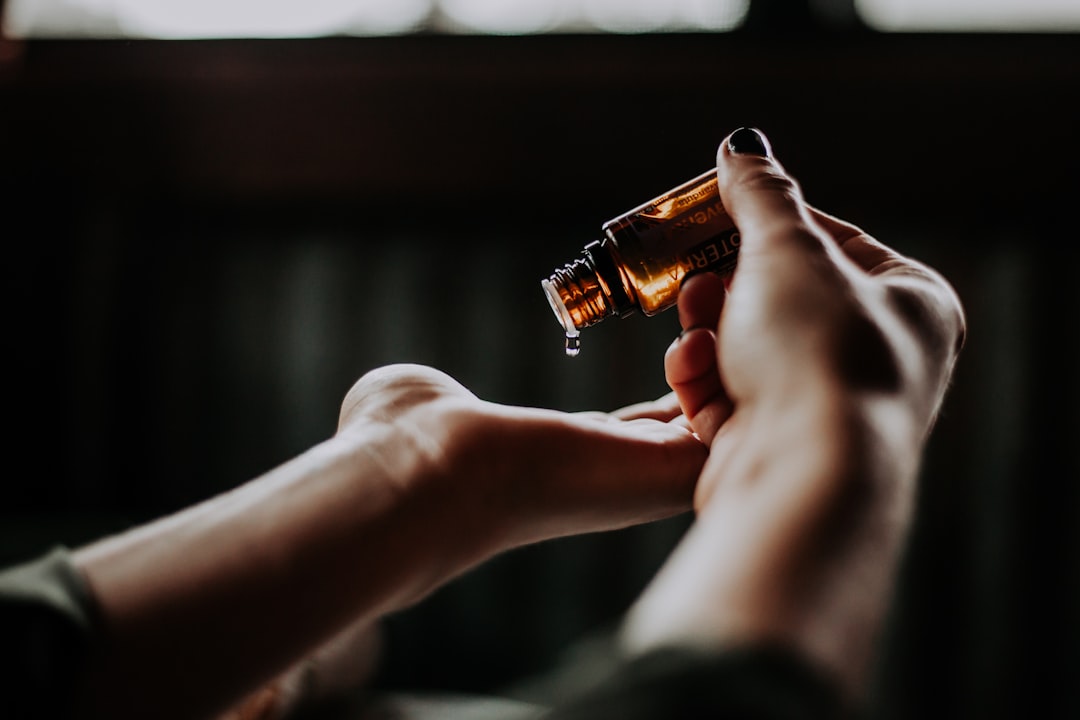Massage spa abuse in Indianapolis (IN) is a growing concern, ranging from sexual harassment to unfair labor practices. Victims face fear and stigma, hindering reporting. Recognizing red flags like excessive pricing and high-pressure sales is key. Education, open dialogue, and industry reforms, including enhanced licensing and confidential resources, are crucial to break the cycle of abuse and create safer practices in IN.
In the vibrant but bustling city of Indianapolis, IN, the wellness industry thrives, yet a hidden enigma persists—massage spa abuse. This article delves into the complex landscape of unethical practices within IN’s spa culture, exploring how victims are silenced and the impact on their well-being. We recognize the need for open dialogue to break the stigma, uncover red flags, and advocate for industry reform in Indianapolis, IN, ensuring safer spas for all.
Understanding Massage Spa Abuse in Indianapolis IN

Massage spa abuse in Indianapolis, IN, is a growing concern that often goes unreported due to the sensitive nature of the issue. It encompasses a range of inappropriate behaviors and practices within massage establishments, from sexual harassment and assault to exploitation and unfair labor practices. Indianapolis, being a bustling city with a thriving wellness industry, needs to address these problems proactively. Many victims may hesitate to speak up because of fear, shame, or uncertainty about where to turn for help.
Understanding the scope of the issue requires recognizing that massage spas in IN can provide a cover for exploitative activities. This problem affects not only employees but also clients who might be vulnerable to manipulation and coercion. Raising awareness and educating both patrons and workers about their rights is pivotal in breaking the stigma surrounding this topic. By fostering an environment where reporting abuse is normalized, Indianapolis can move towards creating safer, more ethical practices within its massage spa industry.
Recognizing Red Flags and Unethical Practices IN

Recognizing red flags is an essential step in identifying potential abuse within Indianapolis’ massage spa industry. Unethical practices may include overcharging customers, offering inappropriate services, or pressuring clients into additional treatments they didn’t request. Some warning signs to look out for are excessive pricing structures that seem designed to trap patrons, especially when combined with high-pressure sales tactics.
Additionally, spas that lack transparency in pricing, offer unlicensed or unauthorized treatments, or fail to maintain a clean and professional environment may be engaging in unethical behavior. Customers should feel comfortable asking questions about services, pricing, and the qualifications of staff members without feeling pressured or intimidated. Reporting suspicious activities to local authorities or regulatory bodies is crucial in holding spas accountable and protecting IN residents from potential abuse.
The Impact on Victims and the Need for Open Dialogue IN

The experience of massage spa abuse can have profound and lasting effects on victims, often leading to physical and emotional trauma. In Indianapolis, as in many cities, the sensitive nature of such incidents can create a culture of silence, making it challenging for survivors to come forward and share their stories. This silence perpetuates the stigma surrounding massage spa abuse, creating an environment where perpetrators may continue their harmful practices unchallenged.
Open dialogue is crucial in breaking this cycle. By encouraging victims to speak out and sharing resources that offer support and advocacy, Indianapolis can foster a culture of awareness and accountability. Community education and conversations about consent, boundaries, and the signs of abuse are essential steps towards creating a safer environment for all residents of IN.
Steps Towards Reforming the Industry and Protecting Clients IN

In an effort to break the stigma surrounding massage spa abuse, significant reforms are needed within the industry in Indianapolis (IN). One crucial step is enhancing licensing and regulation, ensuring spas and therapists meet strict standards. This includes mandatory training on consent, boundaries, and client safety, empowering clients to make informed choices.
Additionally, establishing robust reporting mechanisms and supporting victims with confidential resources can foster a culture of accountability. By implementing these measures, IN can better protect clients, promote ethical practices, and ensure a therapeutic experience without fear of abuse or exploitation.





